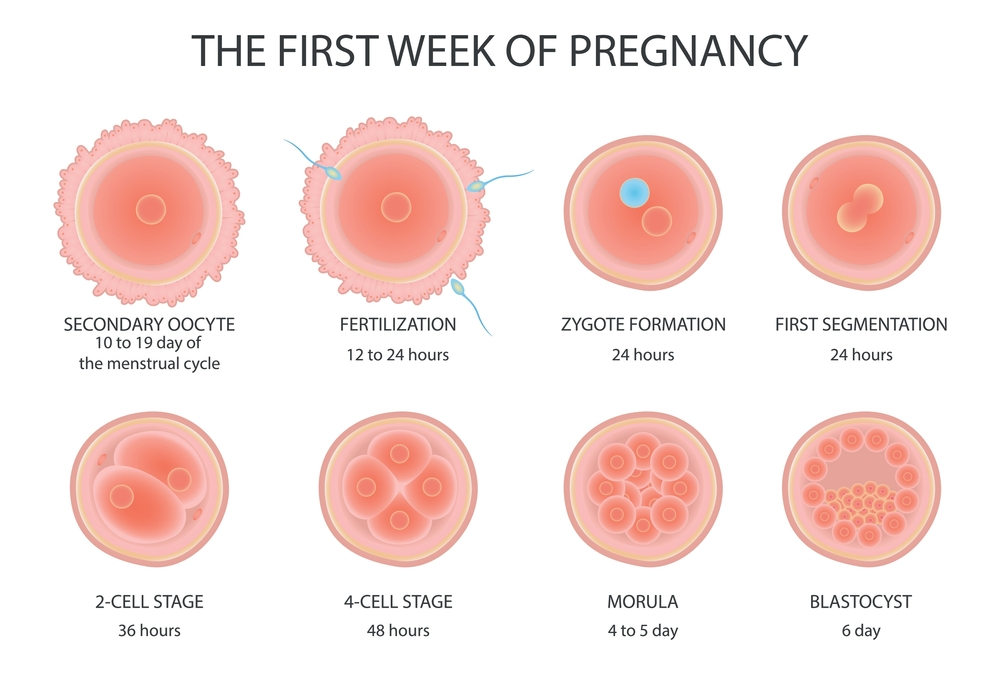The moment you find out you’re pregnant is such an exciting time, full of joy and anticipation. However, as the weeks go by, you may start experiencing some uncomfortable symptoms, such as nausea and vomiting, fatigue, and mood swings.
These symptoms are generally associated with morning sickness, which affects as many as 80% of pregnant women. But can morning sickness start at just 1 week of pregnancy?
In this blog post, we’ll delve into the early symptoms of pregnancy and explore whether experiencing morning sickness at 1 week is possible.
Clarifying the first week of pregnancy
Firstly, let’s clarify what happens in the first week of pregnancy. Technically, this is the week of your last menstrual period, as your body prepares for fertilization and conception.
In reality, this means that you’re not actually pregnant yet, but rather in the early stages of preparing to conceive. Therefore, symptoms such as morning sickness are highly unlikely to occur during this time.

Symptoms of early pregnancy: can morning sickness start at 1 week ?
However, as soon as you conceive, chemical changes in your body will begin to occur, which can result in a range of symptoms that can feel very similar to those of morning sickness.
The most common symptoms in the first few weeks of pregnancy include fatigue, breast tenderness, and mild cramping. You may also find that you have increased urination, as well as an increased appetite or aversion to certain foods.
These symptoms are caused by the surge in hormones, particularly progesterone, that occur as your body prepares for pregnancy.
Variations in pregnancy experiences
It’s essential to note that everyone’s experience of pregnancy is different, and every pregnancy is unique.
Some women may experience severe morning sickness very early on in pregnancy, while others may not experience any symptoms until several weeks in.
Therefore, it’s entirely possible that some women might experience morning sickness at 1 week of pregnancy, although it’s relatively uncommon.
Managing morning sickness in early pregnancy
If you do start experiencing morning sickness, it’s essential to take care of yourself and try to alleviate the symptoms as much as possible.
Eating small, frequent meals can help to stave off nausea, as can drinking plenty of water and staying hydrated. Ginger, mint, and other natural remedies can sometimes help to alleviate symptoms.
But if you’re struggling, it’s always best to seek advice from your healthcare provider.
In conclusion, morning sickness at 1 week of pregnancy is uncommon, as you’re not technically pregnant yet during this time.
However, it’s entirely possible to experience a range of symptoms caused by the hormonal changes that occur as soon as you conceive.
Every pregnancy is unique, and while some women may experience severe morning sickness early on. Others may have no symptoms at all until later on in pregnancy.
If you’re struggling with morning sickness, it’s always best to seek advice from your healthcare provider, who can offer guidance and support.
Remember, pregnancy is a beautiful and exciting journey, and every step of the way is worth celebrating.


